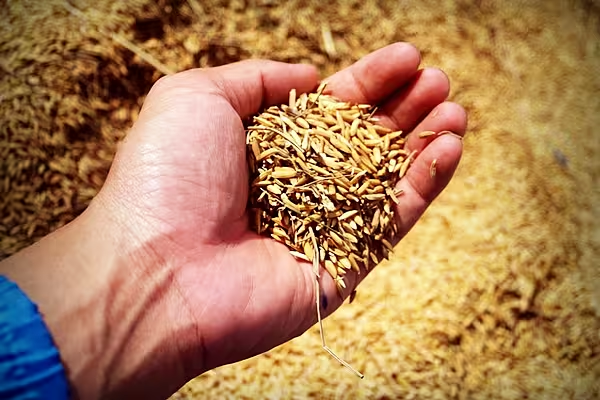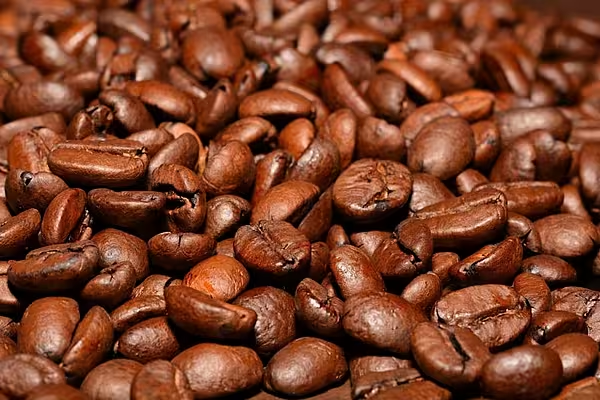The mango groves of Egypt's Ismailia province, normally humming with harvesting activity in July, have been quiet this summer following an unexpected heat wave that has ruined much of the crop and hurt farmers' livelihoods.
Farmer Adel Dahshan, wearing a white galabeya stained with mango juice, said his farmed areas have yielded just a tiny fraction of their normal bounty.
A sudden heat wave swept the province of Ismailia, which borders the Suez Canal, in early winter and then again in late March, and those hot days and cool nights have disrupted the fruit's development.
"The weather at night isn't warm, it's cold… that affects the growth of the flowers, of the fruit," said Dahshan, 49. Ayman Abou Hadid, an environment and agriculture professor at Ain Shams University said the irregular temperatures were caused by climate change.
Mango Production
Those fluctuations and increased humidity levels, along with a deadly crop disease that thrives in warmth, have slashed mango production by 50%-80%, according to Hadid, a former agricultural minister.
Standing below a nearly barren mango tree, farmer Yasser Dahshan holds a branch, its once waxy, green leaves consumed by a soot-like growth which blocks the sunlight the fruit needs.
Dahshan, whose orchards have been hit particularly hard by the pest-induced disease, said many Ismailia residents who grow mangoes for a living have lost work as related farming activity has been subdued.
"You see, there is no mango," he says. "If the crop was good, you'd find people hard at work, picking the mangoes, gathering them, loading them into cars."
Low Yield
Mangoes are a beloved part of summer in Egypt, sunset-coloured varieties normally abundant in fruit stalls and juice shops through the streets of the capital Cairo. This year's low yield has driven prices up, hurting sellers and customers.
Eid Abou Ali, who owns a roadside fruit stand in Ismailia, said it would take him a week to sell as many mangoes as he would have sold in two or three days a year ago.
"A kilo that once went for 20 pounds now goes for 30 or 35, and people are unwilling to pay," he said.
News by Reuters, edited by ESM. For more Supply Chain news, click here. Click subscribe to sign up to ESM: European Supermarket Magazine.














